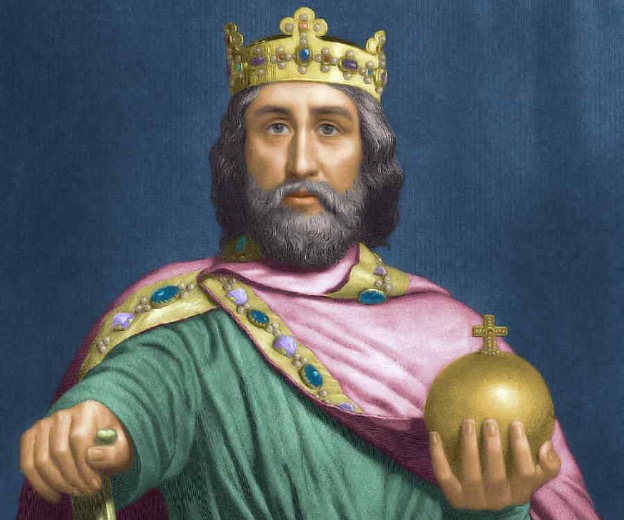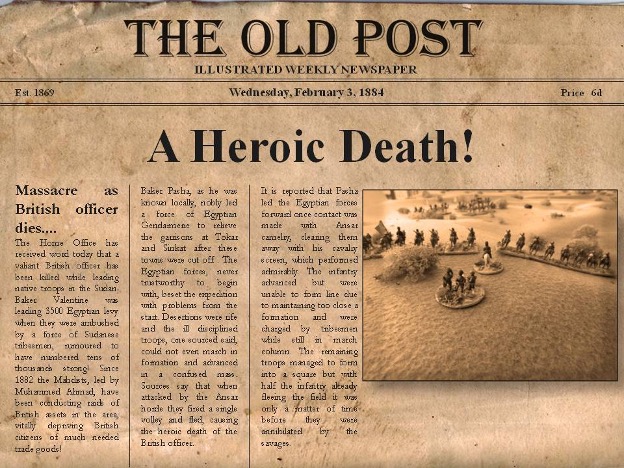How to Find Out if You Have Famous Ancestors
Are you wondering if you have any famous ancestors? In this article, we'll help you with your genealogy research to find out if you are related to any famous people from the past.
When I started my journey into family history research I had one goal and that was to try and find out everything I could about my ancestors. I never really got to know any of my grandparents so I missed out on that font of knowledge regarding family history.
A desire to learn about where you come from is often touted as the reason most people start an interest in genealogy but there’s another reason that we don’t always admit. Sometimes we just really want to find out if we have famous ancestors.
I have encountered many people who claim they descend from kings or queens or that they can trace their ancestry straight back to Adam and Eve. I will say often that royal connections are hard to prove and don’t get me started on Adam and Eve because frankly there is no way to do that per genealogical proof standards.
We can, however, usually find people of note in our family's past even if they are not huge celebrities. This post is therefore intended to help you in your search for famous ancestors and also to help you watch out for common mistakes.
Where to Start
They say a journey of a thousand miles starts with a single step, this is also true of genealogy. You simply have to get started on your family tree in order to start finding famous relatives. Gather as much family history information as you can from your older relatives.
Once you have talked to the older generation ask them if you can go through any old family documents they may have and mine these for information about grandparents and great grandparents. Your next step is to start building your tree and be thankful you didn’t start this decades ago.
Several decades ago genealogists had to visit libraries, document stores and all manner of places to find out things about their family history. Today we have websites like Ancestry and Familysearch.org where literally millions of documents are available online and are scanned for you to look at.

I personally use Ancestry to research my family because as long as you offer up accurate details regarding an ancestor their algorithms might be able to find records that will help you learn about them and perhaps take you the next step back in your family’s history.
Ancestry offers up hints that you should look at very closely in order to assess if they are accurately attached to your ancestor. Using these hints you can make great progress.
Important Warning
When I first started researching my tree I freely admit I was like a bull in a china shop. I trusted that everything I found was right and as a result, I got some very inaccurate results. I had ridiculous mistakes like ancestors having children together when one had been dead a decade.
This taught me the importance of accuracy and that Ancestry Member Tree hints are a potential landmine of misinformation. I have seen so many “connections” in the trees of others to major historical figures. I have also commonly reviewed the proofs they put up for this connection and seen that it is flawed and likely wrong.
The lesson here is to not assume because someone has already made that connection that they were correct. You may clearly fit into their tree and that is great but be sure to do your own research to confirm the information they have supplied.
I have learned it is better to have the correct information than to falsely believe a connection that doesn’t exist. So what if you can’t prove you’re a descendant of Charlemagne? There could still be some interesting characters in your family history.

Google Your Ancestors
This may seem a little silly but this can actually work. As you find new ancestors, complete with their birth and death years, try Googling them. Simple internet searches might bring to light some interesting pieces of information regarding their lives.
You may have ancestors who are local legends or who did something very notable that would pop up on a documents site like Ancestry. There is more to these people than who they married or what census they filled out.
Here are a few tips to help you search for your ancestors on Google:
- If you want to search for specific terms use quotation marks around the information. As an example, if I want to research my great-great- grandfather Benjamin Davies, I would type “Benjamin Davies” into the Google search bar. This ensures the search is for matches to that information. You can search several terms at the same time as long as you put them all in their own quotation marks.
- Use as many keywords as you can that relate to the person. This allows you to search for more specific individuals and will give you a better chance at finding anything you can about them.
Search Local Newspapers
There are several sites that have vast collections of old newspapers scanned and available to view. You can use these to search for your ancestors' names to look out for news stories in which they may have appeared.
These are a great source to help research the most recent 4-6 generations of your family. As long as you know where your ancestor lived there was likely some publication in which they could possibly have appeared.
Commonly you might find birth, marriage and death announcements. It was in this way that I discovered that my wife’s great grandparents were married by her great grandmother's uncle. This was a person I did not have in her tree but it actually led me to discover the names of her great great grandparents which had eluded me.

Another interesting find was when I found a client's great grandfather having crashed his father's car and actually making the local newspaper for the incident. These hints of fame may not be what you are ultimately looking for but they are still mentions of your ancestors.
You Can Use DNA
There are people out there who can prove unbroken lines back to very notable individuals. If those people happen to use sites like Ancestry or 23andMe there is the possibility of proving your connection using your DNA.
Sometimes we just can’t prove a connection to a famous person because the record trail breaks off due to any number of reasons. A DNA connection to known descendants of that person can help bridge that gap.
The Heroes Are Not Always Famous
Sometimes you need to reassess your concept of fame because we do on occasion have a really interesting ancestor who we have the right to be proud of. I have several ancestors who died during World War One and was able to locate records regarding their gallantry and bravery in the French theater of battle.
Their names may not be in history books but I have rediscovered them and the feats of the great sacrifices they made for their country will live on in my memory. You can research records from a number of historic conflicts.
There are groups such as Sons of the Revolution and Daughters of the Revolution that hold records on patriots. You may have an ancestor who helped secure the Independence of the nation or perhaps you have Civil war heroes in your bloodline.
Conclusion
I have often found that famous ancestors seem to pop up almost out of nowhere and that it is unwise to go searching for a connection for no reason. You may share the surname of a famous person but this does not always mean you are related.
Start your tree without the prejudice of assuming you will find someone famous. You might be surprised when you find an ancestor who did something amazing. Your ancestors do not have to be globally renowned. A farmer who saved a child from a river may only have been in the newspaper once in his life but to me that person is famous.
Connections to the great and powerful are fun but the small stories of the people we come from to me at least are far more valuable.
Link To or Reference This Page
We spent a lot of time downloading, cleaning, merging, and formatting the data that is shown on the site.
If you found the data or information on this page useful in your research, please use the tool below to properly cite or reference Name Census as the source. We appreciate your support!
-
<a href="https://namecensus.com/blog/how-to-find-out-if-you-have-famous-ancestors/">How to Find Out if You Have Famous Ancestors</a>
-
"How to Find Out if You Have Famous Ancestors". NameCensus.com. Accessed on April 27, 2024. https://namecensus.com/blog/how-to-find-out-if-you-have-famous-ancestors/.
-
"How to Find Out if You Have Famous Ancestors". NameCensus.com, https://namecensus.com/blog/how-to-find-out-if-you-have-famous-ancestors/. Accessed 27 April, 2024
-
How to Find Out if You Have Famous Ancestors. NameCensus.com. Retrieved from https://namecensus.com/blog/how-to-find-out-if-you-have-famous-ancestors/.
